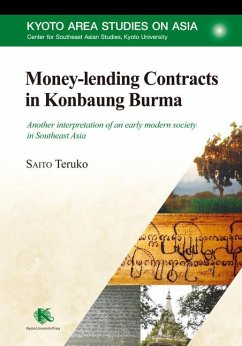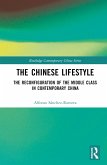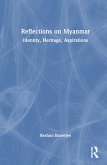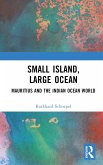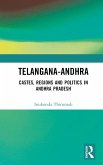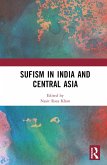Various contractual deeds were exchanged between people in Burmese dynastic society in the eighteenth and nineteenth centuries. These deeds, known as thet-kayits, especially debt deeds, are valuable documents that show the socioeconomic conditions of the time. Through the reading of more than 3,000 local historical documents, the author vividly reflects specific ups and downs of the lives of ordinary people in early modern Burma, including disputes over debts and the flexible civil court system for adjudicating them, and the wisdom of life. Using Burma as a case study, this book is an attempt to empirically demonstrate the possibilities of research on early modern Southeast Asia based on documentary sources unique to the region, which until now have been largely unexplored. A new image of Burma's early modern period emerges here, overturning the conventional view of history that assumes a two-tier society of 'absolute monarchs' versus 'people without rights'.
Hinweis: Dieser Artikel kann nur an eine deutsche Lieferadresse ausgeliefert werden.
Hinweis: Dieser Artikel kann nur an eine deutsche Lieferadresse ausgeliefert werden.

